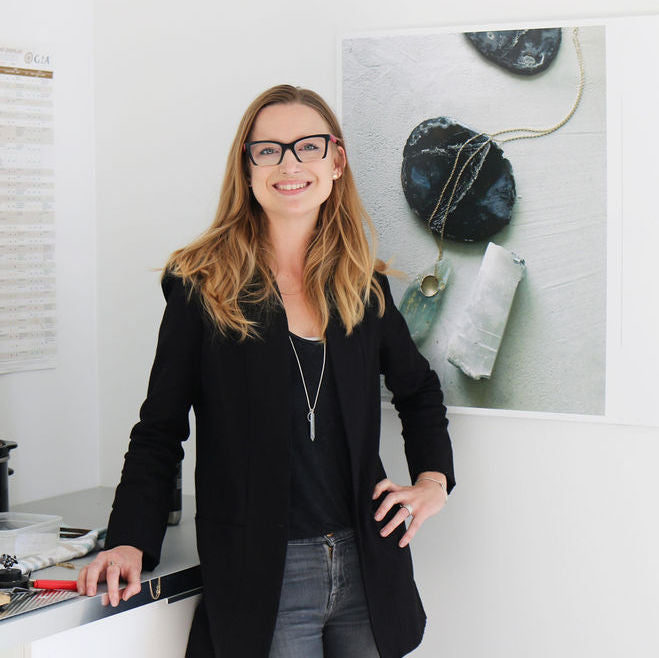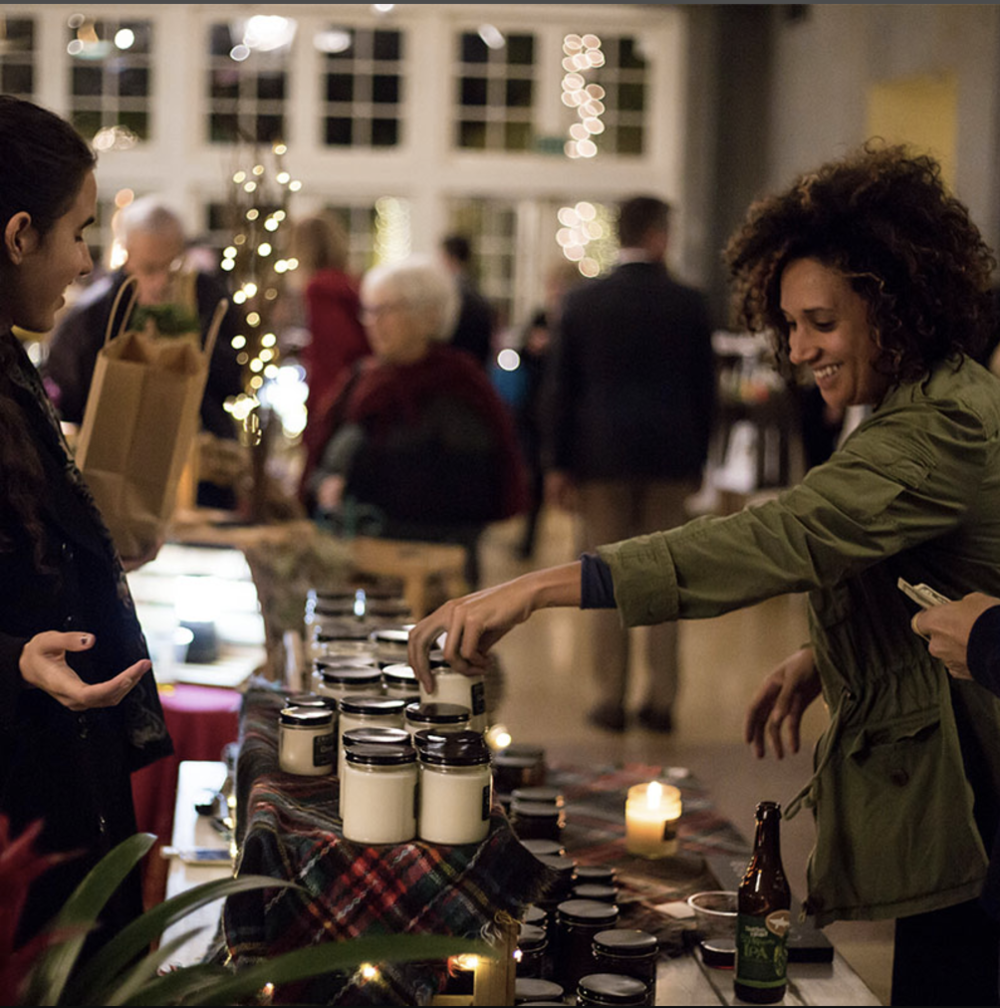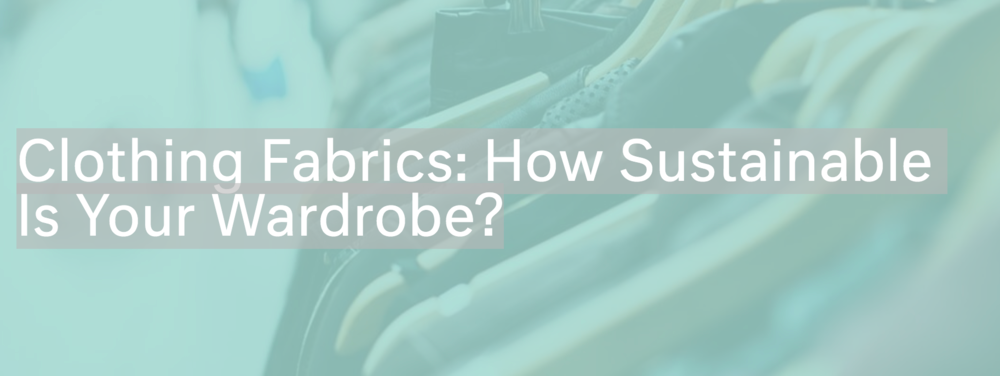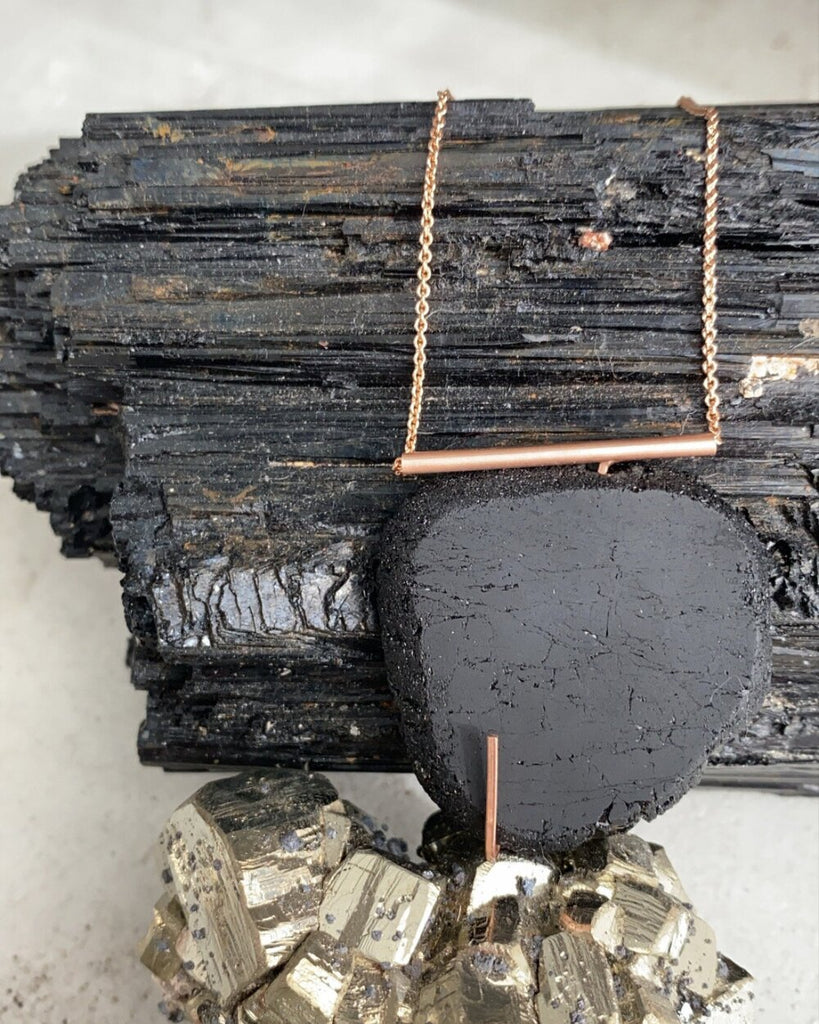Unity Through Transparency

When we first think of issues in the jewelry supply chain, often blood diamonds, lab-grown diamonds, and Leonardo DiCaprio come to mind first. In reality, the problems are far more complex than a marketing campaign, and an award-winning film can convey, ranging from toxic mercury use in mining and other health hazards, indigenous land rights, organized crime, and government corruption. While the issues surrounding the responsible jewelry and fair fashion movements may seem vast and overwhelming, by working together, progress is already being made. From East African gemstones traceable back to the individual miner from TAWOMA (Tanzanian Women Miners Association), to nonprofits launching to provide training and education for artisanal miners, Amazon chiefs organizing to and addressing the industry in Chicago, to the first ever Ethical Gem Fair making it’s US debut; a lot can happen when you have a group dedicated to positive change and finding ways to keep doing better.
An excellent pioneer of this movement is Moyo Gems, a collaborative effort born from the Chicago Responsible Jewelry Conference three years ago. Their mission is simple, working to empower women miners to work safely, mine better, improve financial security, and create stable, equitable markets for fair trade. Moyo Gems, which officially launched last October, is a joint project of the NGO Pact, Anza Gems, Nineteen 48, Everledger, and the Tanzanian Women Miners Association (TAWOMA) to responsibly source colored gemstones from the women miners who are paid a fair price for their wares and are fully traceable through blockchain. Pact has also worked collaboratively with the Gemological Institute of America to help bring training to the same group of women miners, which has helped these women significantly increase their incomes (on average by 3-5 times) and reinvest in their communities.
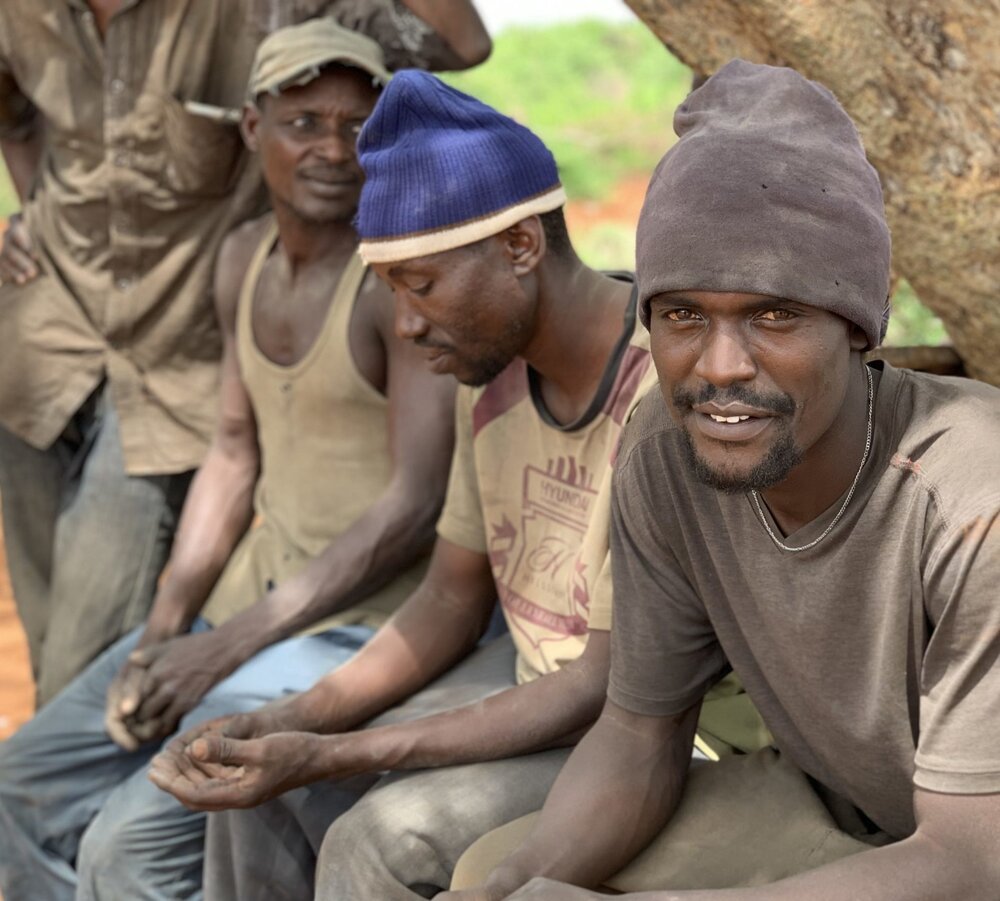
Another initiative to help empower East African miners was born last year, Gem Legacy. Founded by master gem cutter, Roger Dery, Gem Legacy aims to “expand the natural beneficiation of gemstone mining on the surrounding community through kids, education, and entrepreneurship.” By providing gemological and lapidary training as well as sponsoring equipment and helping provide scholarships to primary and secondary schools, they prove that education is always the way forward and that gems can and do bring hope for a brighter future.
The Colombian gold mining cooperative, Coodmilla, presenting at last year’s Chicago Responsible Jewelry Conference, showcased that by organizing and becoming a certified Fairmined operation, they have eliminated the use of mercury and cyanide at their mine, are helping develop their community, and are working to reforest the area, planting over 7000 trees. They would be the first to tell you that they are proud of the work that they do and that mining responsibly benefits everyone involved. When artisanal miners do organize, work legally, reinvest in their communities and businesses, they can improve their lives.

However, artisanal miners often still face challenges in scaling their operations to meet market demands and enter the legal export market. They want to do better for their families and communities and sell more, but all the additional organization requires some capital investment. This is part of what brought Chief Lucas of the Tukano tribe and Chief Miguel of the Paiter-Surui to Chicago to address the jewelry industry last October, representing a coalition of 23 indigenous tribes from the Brazilian Amazon. They want partners in mining and developing their land responsibly in a way that preserves the forest. They want to work with people who have the capital and technological know-how to help make that happen so they can protect their land from illegal mining that devastates the rainforest. Having these indigenous leaders and artisanal miners represented and representing themselves is enormous for an industry that has historically shied away from including artisanal miners and giving them a seat at the table. It’s only by having all of the stakeholders represented in this dialogue that we can create solutions that work for everyone, not just the big guys at the top.
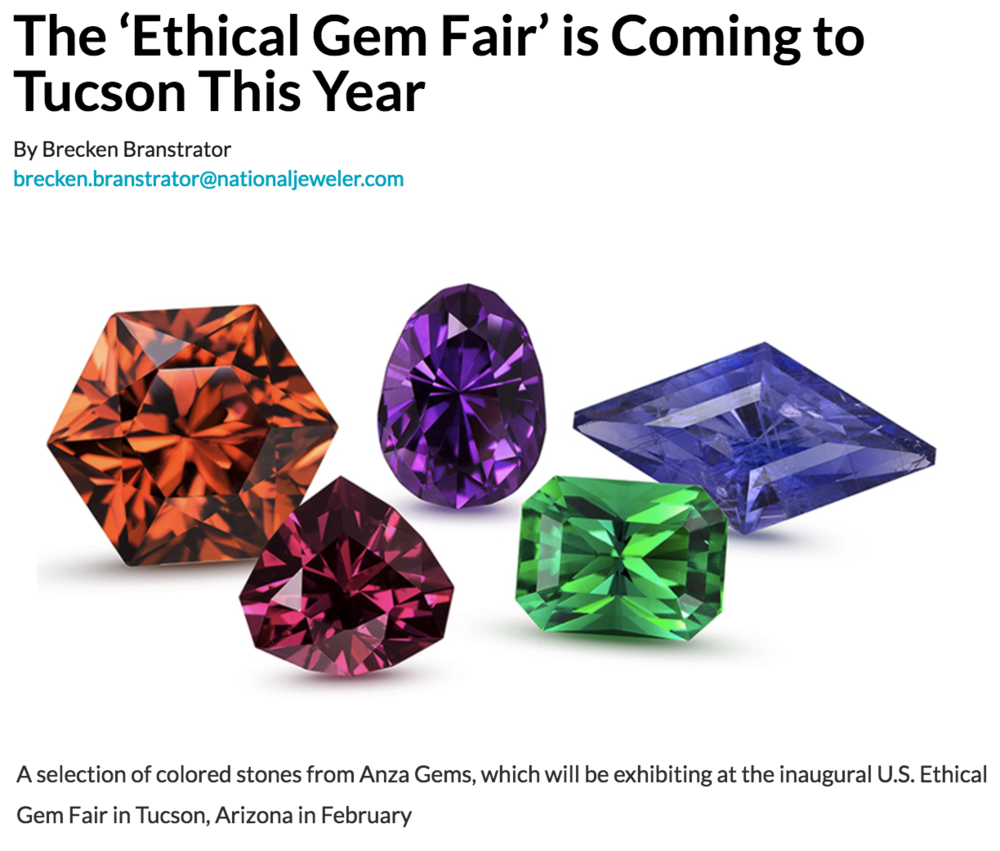
And last but not least, this February, the US had its first-ever Ethical Gem Fair, debuting during the Tucson Gem show. The fair has existed for several years with exhibitions in the UK and Scotland. The inaugural Tucson edition was a collaborative partnership of leading responsibly sourced gemstone suppliers Stuart Pool (Nineteen48), Ian Bone (Capricorn Gems), Jay Moncada and Jared Amadeo Holstein (Perpetuum Jewels), Brian Cook (Nature’s Geometry), Hewan Zewdi (Agere Treasures), Eric Braunwart (Columbia Gem House), and Monica Stephenson (Anza Gems). What was even better was attending the Ethical Gem Fair, being able to have meaningful discussions with the exhibitors around responsible sourcing, and hearing about how much growing interest and business they received at the show and knowing this won’t be the last show.
While this is still a start, and it isn’t an exhaustive list of all the good news and fantastic progress that’s been made, it’s important to celebrate these milestones in the efforts to create a more compassionate and transparent industry. Knowing we are part of this movement dedicated to positive change, full of so many passionate people, we will get there, one step at a time.


